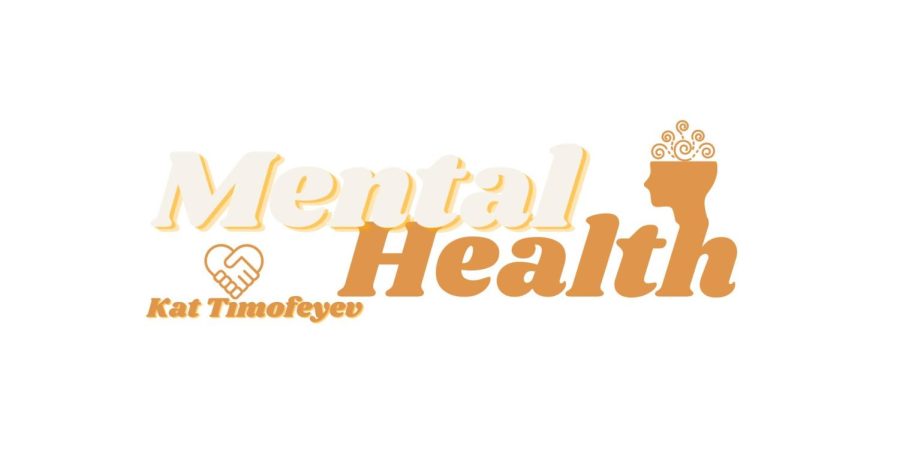Caring for your Mental Health During the Halloween Season
As we approach the ultimate Sunday scaries this weekend, I come to you with the most wholesome of facts that is certain to lift your spirits: Bats form relationships with one another, much like humans do. Picture two best bat buddies getting midnight lunch together and tell me that doesn’t put the biggest smile on your face.
Here at Fordham, we have the luxury of living among ghosts. Don’t panic, though, they’re super friendly and very understanding of boundaries when you’re having a rough day. If you haven’t yet, go on one of Fordham’s ghost tours or ask an upperclassman to share their spooky experiences so you can get better acquainted with your roomies.
However, on a slightly more serious note, I want to take this week to remind you to take care of your mental health as we enter the holiday season. For many of us, this means extended family dinners that may not be the most pleasant, especially this year, which may be the first after a reprieve due to the pandemic. For Halloween, it may mean carefully crafting social events or feeling uncomfortable about something you don’t want to do.
Though the college Halloween party scene is glamorized time and time again, there’s no shame in admitting that it may not be everyone’s cup of tea. Don’t feel pressured to go to a party you have no interest in. Instead, take a night in with your roommates to watch your favorite Halloween movie, even if it’s a “childish” one. “Twitches,” “Halloweentown,” “Hocus Pocus” — all of these have that homey feel to them if you’re not up for the party scene. If you do go to a party though, please keep yourselves safe. Make sure you’re in a group and try to have at least one person you know would take you home if you feel uncomfortable.
Costumes can also be a major contributor to Halloween anxiety. Far too often, people think it’s funny to use mental health as a costume by dressing up in straightjackets or as the stereotyped mental asylum patient. Not only do these costumes perpetuate harmful and false images of people struggling with mental health, but they’re also blatantly ignorant and triggering. Stop portraying people who suffer with mental illness as “scary.” They’re people, plain and simple, who are just trying to get better.
The other danger of Halloween is candy. We all know to be cautious, checking for anything unwrapped and making sure we do the same for our younger siblings. But there’s another danger that comes along with it — the worry about eating “too much” candy or bingeing uncontrollably on those bite-sized snacks. The trap of feeling guilty for eating is amplified during this time of year, and the effect of this guilt on mental health is scarier than anything else you’ll see on Halloween.
Take this as your reminder that a bit of extra candy won’t hurt you. One piece will not have any serious ramifications on your health, and there is absolutely no harm in having a little fun. If you struggle with disordered eating, Halloween marks the start of a holiday season that can be overwhelming. Please go easy on yourself and prepare as best as you can. Remind yourself that you’ve survived every year so far, and this year will be no different. Be strong.
Your mental health is worth more than any costume, any social event and certainly any stupid number. You are stronger than the ills of this (or any) holiday season, and you’ll get through this one just as you have with all the ones that came before. Offer yourself the same forgiveness and compassion you would to your best friends, and let this be the best season yet.








































































































































































































